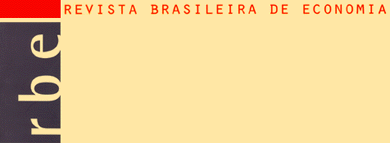This paper estimates and simulates an open rational expectations macro model for the Brazilian economy. The goal is to identify the features of optimal monetary rules and their consequences for the model's short-term dynamics. The paper compares the performance of three parametrizations of the monetary rule that differ with respect to the inflation variable: a Taylor rule, which is based on past inflation; a rule that combines past inflation and real exchange rate ; and a rule based on inflation forecasts . The model is solved numerically and stochastic simulations are used to construct efficient frontiers on the inflation variance and output variance space. The sets of optimal rules for the two versions are qualitatively distinct. Since there is uncertainty about the economy's forward-lookingness, the paper proposes a ranking of rules based on an equal weighted average of each model's objective function. The best ranked rules according to this criterion have performance moderately inferior to the optimal rules, but prevent much larger losses which would occur when rules are chosen according to the wrong model. Finally, impulse response functions are computed for the two models in order to evaluate how some selected monetary rules affect the models' short-run dynamics.
















































